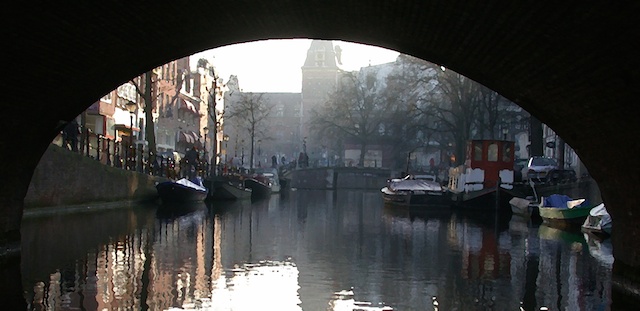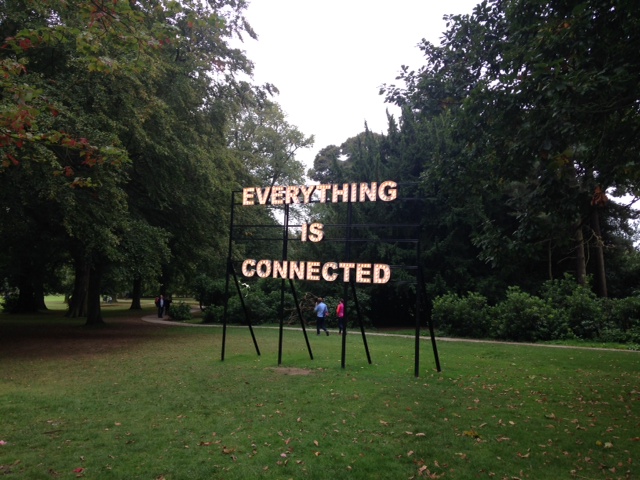This morning’s Observer column.
If one wanted to be critical, the most annoying thing about the current bubble is the way the visions and ambitions of startup founders seem to have narrowed. Many of them claim, of course, that what they want to build is a company that in the long term will transform the world or disrupt a particular market. But in actual fact their strategy is to create a product or a service that is sufficiently interesting or annoying to induce Google, Amazon, Facebook, Yahoo or Microsoft to buy the upstart venture. The poster child for this is WhatsApp, a fine company with a viable business model that did not depend on monitoring users and which was run by a chap who fervently declared his resolve to build a great, sustainable enterprise that treated its users well. And he doubtless believed that right up to the moment that Facebook offered him $19bn. And who can blame him: you only live once, after all.
At the end of the day, though, what’s much more worrying than the spectacle of venture capitalists blowing investors’ money is the fact that everywhere state funding for the kind of long-term, fundamental research that is needed to produce the technologies of tomorrow has been shrinking. The current wave of innovation and economic development enabled by the internet has only come about because 60 years ago the US government funded the project that produced first the arpanet and then the internet.
Private enterprise would undoubtedly have produced computer networks, but it would not have created the free and open platform for “permissionless innovation” that we got as a result of public investment. And we would have all been poorer as a result.


